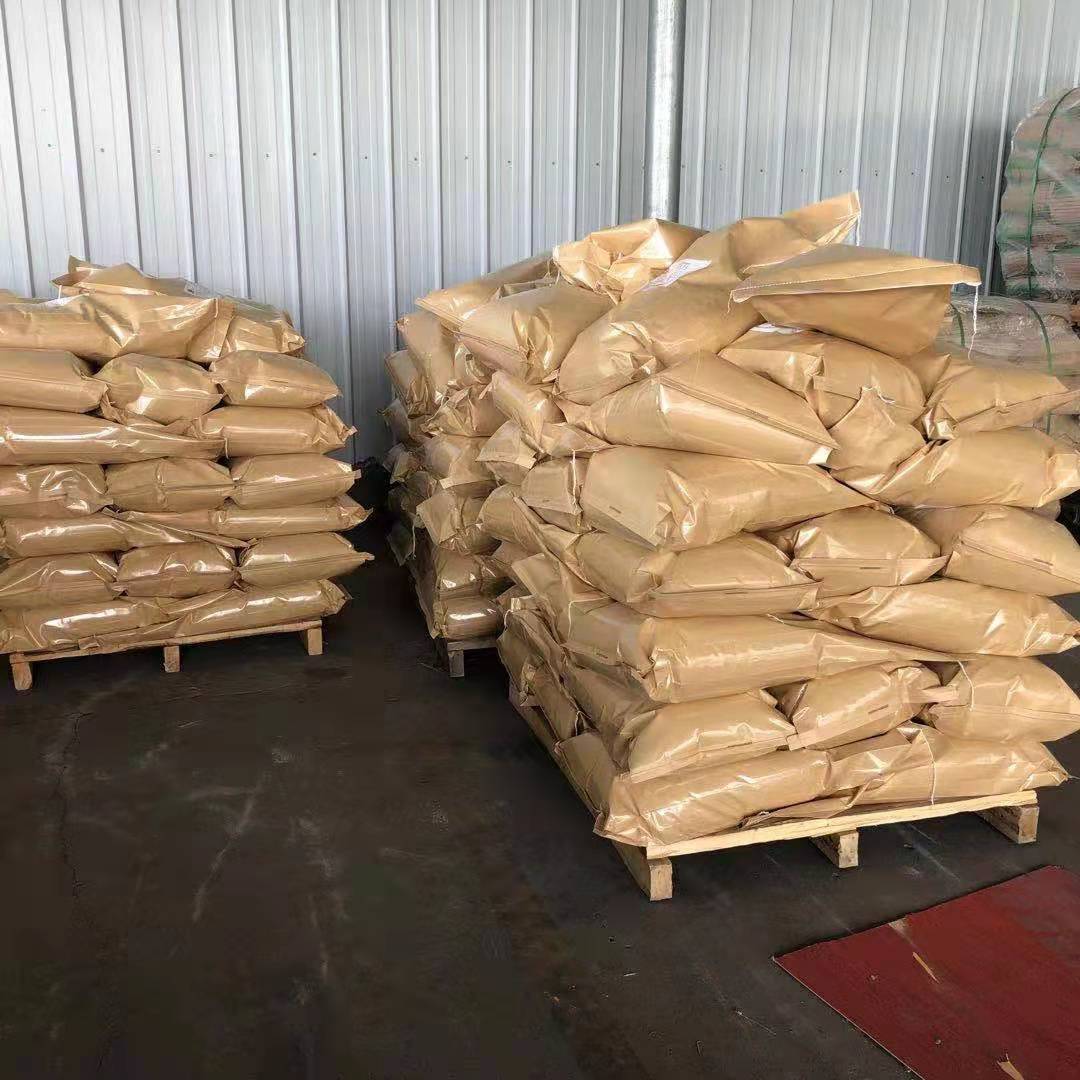
Nov . 09, 2024 13:06 Back to list
Potassium Humate Production Facilities and Their Environmental Benefits and Applications
Understanding Potassium Humate Factories A Catalyst for Sustainable Agriculture
Potassium humate, a natural organic compound derived primarily from leonardite, is gaining significant attention in the agricultural sector due to its numerous benefits for soil health and plant growth. Its production involves a complex process carried out in specialized factories. The evolution of potassium humate factories signifies the advancing methodologies in sustainable agriculture and the increasing demand for organic farming products.
What is Potassium Humate?
Potassium humate is a potent organic fertilizer that combines potassium with humic substances. Humic substances are decomposed organic materials that enhance soil structure, improve nutrient absorption, and promote plant growth. Potassium is an essential nutrient that aids in the synthesis of proteins, the regulation of water, and the overall physiological processes within plants. By synergistically offering both potassium and humic substances, potassium humate acts as a powerful natural amendment that enriches soil quality and promotes healthier crops.
The Manufacturing Process
The production of potassium humate typically occurs in factories that specialize in humic products. The first step in manufacturing involves the extraction of humic acid from oxidized lignite or leonardite, a decompose product of natural organic matter. This extraction can be achieved through alkaline hydrolysis, where alkaline solutions are used to solubilize humic substances.
Once the humic acid is extracted, it undergoes further processing to incorporate potassium. This is often achieved by reacting potassium with the extracted humic acids to form potassium humate. The resulting product is a dark, water-soluble powder or granules that possess high bioactivity, making them easy to apply in various agricultural practices.
The Role of Potassium Humate Factories in Agriculture
potassium humate factories

Potassium humate factories play a crucial role in transforming organic raw materials into valuable agricultural inputs. The need for sustainable farming practices has highlighted the importance of such facilities. They address several challenges faced by modern agriculture, such as soil degradation, nutrient depletion, and the demand for chemical-free farming solutions.
1. Soil Health Improvement The application of potassium humate helps in restoring soil structure, enhancing aeration, and increasing water retention. Healthy soil ensures that crops receive adequate nutrients and moisture, resulting in better yields.
2. Nutrient Availability Potassium humate enhances the uptake of nutrients from the soil. Its presence improves the availability of essential macro and micronutrients, facilitating better plant growth and reducing the need for chemical fertilizers.
3. Environmental Benefits By promoting organic farming practices, potassium humate factories contribute significantly to environmental sustainability. They help in reducing chemical runoff into water bodies and minimize the pollution associated with synthetic fertilizers.
4. Economic Impact The production of potassium humate creates job opportunities and stimulates the local economy. As demand for organic farming continues to rise, these factories are crucial in meeting the needs of farmers while fostering economic growth.
Conclusion
As the agricultural landscape evolves, potassium humate factories will continue to play a vital role in promoting sustainable practices. With the increasing awareness of environmental issues and the growing demand for organic products, potassium humate offers a multifaceted solution for modern agriculture. By combining the benefits of potassium with humic substances, these factories are not just producing fertilizers; they are contributing to a more sustainable future for global agriculture. The importance of these factories cannot be overstated, as they help bridge the gap between traditional farming practices and contemporary demands for sustainability and efficiency.
-
High-Quality NPK Fertilizer Raw Material Manufacturer & Supplier Trusted Factory Exporter
NewsJul.08,2025
-
Organic 20-20-20 Plant Fertilizer Supplier Premium Organic Fertilizer Manufacturer
NewsJul.08,2025
-
Ammonium Sulfate Fertilizer Market - Leading Manufacturer, Supplier & Factory Solutions
NewsJul.08,2025
-
Premium Water Soluble Fertilizer 20-20-20 Reliable Manufacturer & Competitive Prices
NewsJul.07,2025
-
10-52-10 Fertilizer Supplier – Premium NPK Compound & Granular Fertilizers for Crop Growth
NewsJul.07,2025
-
Best Blueberry Organic Fertilizer - Premium Factory & Supplier Boost Your Blueberry Yield
NewsJul.07,2025
